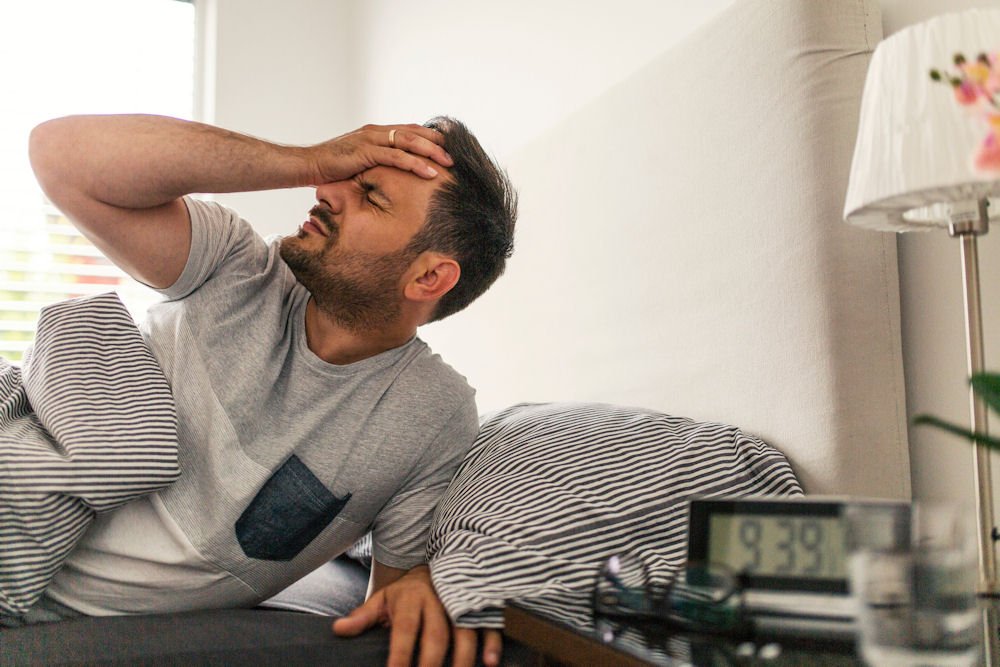
Gabapentin withdrawal can be a challenging process, with symptoms ranging from anxiety and insomnia to severe cases of seizures. Although not classified as a controlled substance at the federal level, gabapentin can lead to dependence, especially when used for extended periods or in high doses. Withdrawal symptoms typically begin within 12 to 48 hours after stopping the medication and may last for several weeks.
A safe and effective withdrawal process requires a structured approach, including medical detox, medication-assisted treatment (MAT), therapy, and holistic recovery methods. Golden Gate Recovery, a men’s treatment center in Novato, California, offers professional support for those experiencing gabapentin withdrawal.
Our treatment programs include medically supervised detox, outpatient treatment, behavioral therapy, and holistic healing practices designed to support long-term recovery. With a focus on individualized care, Golden Gate Recovery provides men with the tools and support needed to regain control of their lives in a safe and structured environment.
Gabapentin is a prescription medication primarily used to treat nerve pain, seizures, and sometimes anxiety disorders. It is commonly sold under brand names such as Neurontin, Gralise, and Horizant. Initially developed as an anticonvulsant, gabapentin has been widely prescribed for conditions like epilepsy, postherpetic neuralgia (nerve pain following shingles), restless leg syndrome, and even off-label uses such as fibromyalgia and chronic pain management.
Though gabapentin does not interact with the opioid receptors in the brain, it affects nerve activity and alters pain signals. Its broad application in treating various conditions has led to an increase in prescriptions, making it one of the most widely used medications in the United States. However, despite its perceived safety, long-term use or misuse can lead to dependency, and stopping gabapentin suddenly can trigger withdrawal symptoms.

Gabapentin works by affecting calcium channels in the brain, which play a role in nerve signaling. Unlike other pain-relief medications such as opioids, gabapentin doesn’t impact dopamine levels directly, which means that it does not produce the same level of euphoria or risk of immediate addiction. However, gabapentin does alter the way nerves communicate, making it effective in reducing nerve pain and preventing seizures.
Gabapentin is used to help treat or manage the following conditions:
While gabapentin is not classified as a controlled substance at the federal level, it does have the potential for misuse and dependence. Some individuals take it in higher doses to achieve sedation or euphoric effect, which can lead to tolerance and withdrawal symptoms when they attempt to stop using it.
Gabapentin dependence is more likely in those who:
Although it may not cause addiction in the traditional sense, abrupt discontinuation can result in significant withdrawal symptoms, making it important to taper off the drug under medical supervision.

Gabapentin is a medication primarily used to treat seizures and nerve pain. While generally safe and effective, it can cause side effects in some individuals. Here are some common side effects:
Common Side Effects
Less Common Side Effects
Serious Side Effects

The withdrawal timeline for gabapentin varies depending on factors such as dosage, duration of use, and individual physiology. Generally, symptoms begin within 12 to 48 hours after the last dose and can last for several days to weeks.

Gabapentin withdrawal symptoms can range from mild to severe, depending on factors such as dosage and individual health conditions. Some common withdrawal symptoms include:
Since gabapentin affects the central nervous system, stopping it suddenly can lead to dangerous complications. This is why medical detox and professional oversight are recommended.

The safest way to stop taking gabapentin is through a medically supervised tapering process. Gradually reducing the dosage over weeks or months allows the body to adjust, minimizing withdrawal symptoms.
Some of the treatment options include:
Undergoing detox in a controlled environment is the safest way to discontinue gabapentin use, especially for individuals with a history of severe withdrawal symptoms or seizures. At Golden Gate Recovery, we offer medically supervised detox tailored to each client's needs. Our trained medical staff monitors withdrawal symptoms, provides medications when necessary, and ensures a safe and comfortable experience. Gradual tapering plans are created to minimize discomfort and reduce the risk of complications.
Medication-assisted treatment (MAT) may be used to help alleviate withdrawal symptoms and make the process more manageable. Anti-anxiety medications, sleep aids, and other supportive medications can be prescribed to address specific symptoms such as agitation, insomnia, or nausea. Under the guidance of our medical professionals, MAT is carefully managed to ensure safety and effectiveness without introducing new dependencies.
Therapy is a crucial part of gabapentin withdrawal treatment. At Golden Gate Recovery, we offer individual therapy, cognitive-behavioral therapy (CBT), and group therapy sessions to address the emotional and psychological effects of withdrawal.
Golden Gate Recovery emphasizes a holistic approach to addiction recovery, integrating wellness-focused activities to support overall health.
At Golden Gate Recovery in Novato, CA, we provide a structured and supportive environment to help men safely detox from gabapentin while preparing for long-term recovery.
Golden Gate Recovery, located in Marin County, California, is a men’s treatment center specializing in substance use recovery. We offer both detox and outpatient treatment programs to help individuals safely withdraw from gabapentin while addressing underlying issues contributing to dependency.
At Golden Gate Recovery, we understand that overcoming gabapentin dependence requires both medical intervention and emotional support. Our experienced team is dedicated to guiding you through every step of withdrawal and recovery, ensuring that you regain control of your life in a safe and supportive environment.
If you or a loved one is struggling with gabapentin dependence, reach out to Golden Gate Recovery today to learn more about our detox and outpatient programs designed specifically for men in Marin County, California.
Get confidential help! Call Us Now for:

Golden Gate Recovery is a grass roots organization created by men in long term recovery with a simple mission: to continue strengthening our therapeutic and peer led community toward the goal of long term recovery for each client.